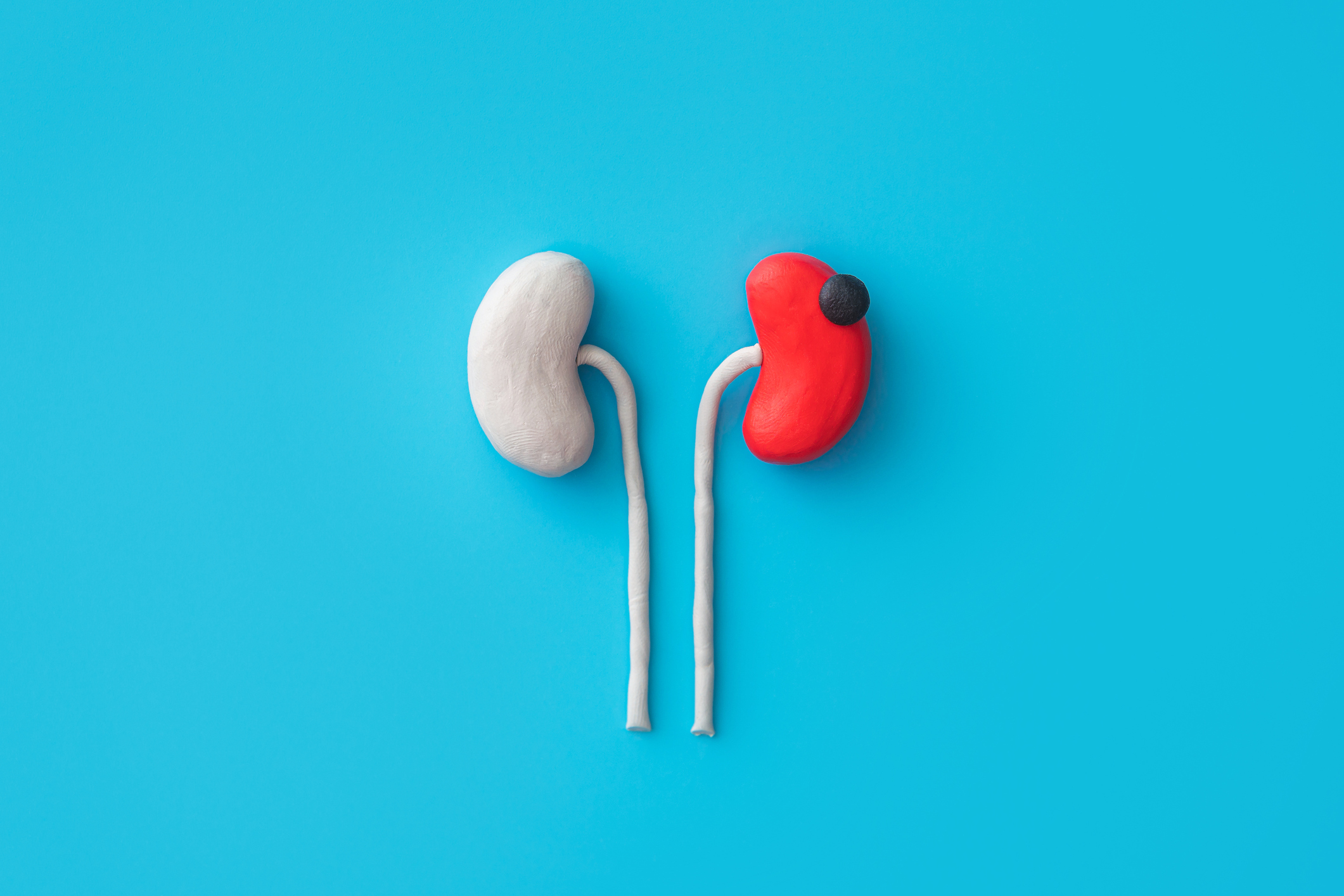

Do you know the symptoms of kidney cancer? Here’s why you should…
It’s the sixth most common cancer for men in the U.S., and the ninth most common cancer for women. Most people diagnosed with kidney cancer are between 65 and 74; the disease does not usually occur in people younger than age 45.
Renal cell carcinoma (RCC) accounts for about 85 percent of kidney cancer diagnoses. There are other forms, but they are rare.
In its earliest stages, kidney cancer often does not cause any noticeable symptoms. That means that most cases of RCC aren’t diagnosed until they’ve started to spread.
For this reason, you must be familiar with the symptoms of RCC, so you can catch them as soon as they appear and not allow tumors to spread even further without treatment.
Symptoms of kidney cancer
Believe it or not, the signs of malfunctioning kidneys are pretty easy to spot, if you know what you’re looking for.
If you experience a cluster of these symptoms, and if they’re new, become persistent, and can’t be attributed to any other condition, it’s time to see your doctor.
- Blood in your urine
- A lump or mass in your kidney area
- Flank pain (pain on either side of the lower back, between the pelvis and the ribs)
- Tiredness
- A general sense of not feeling well
- Loss of appetite
- Weight loss
- Low-grade fever
- Bone pain.
- High blood pressure
- Anemia
- High calcium.
- Excessive hair growth (in women)
How kidney cancer is diagnosed and treated
Your doctor will start with a urinalysis to test your urine for both blood and cancer cells.
They may also do a blood test, including a complete blood count to see if you have a healthy number of white and red blood cells and platelets. (People with kidney cancer often have anemia, where there aren’t enough red blood cells).
And if your doctor thinks a closer look is warranted, they may order one or several imaging tests (ultrasound, CT scan, or MRI).
If you do have kidney cancer, treatment options run the gamut from surgery to chemotherapy to radiation therapy, depending on the size of the tumor, its location, and whether it has spread to the lymph nodes or elsewhere.
How to lessen the risk of kidney cancer
There’s a lot you can do to reduce your risk of developing kidney cancer even if it runs in your family, or if you have another disease that increases your odds, such as polycystic kidney disease (an inherited condition that causes cysts to form in the kidneys), and kidney disease in general also increases the cancer risk.
Risk factors for renal cell carcinoma include:
- Obesity
- Hypertension
- Smoking
- Overuse of NSAIDs or acetaminophen
If you have kidney problems or are at risk for kidney disease, avoid an acidic diet. Higher dietary acid levels were strongly linked with the progression from kidney disease to full-blown kidney failure.
And the nutrient CoQ10 has been found to be a helpful complementary therapy for metabolic disorders — disorders that have been linked to kidney disease.
If you have a genetic risk of kidney cancer, you’ll want to make some lifestyle changes right away.
- Lose weight if you’re overweight or obese and maintain a healthy weight.
- Control stress in your life and monitor your blood pressure
- Quit smoking!
- Use alternative pain relief methods, i.e., meditation, massage, etc., and avoid constant use of over-the-counter pain medications
Hopefully, you can see that doing these things will not only lessen the risks of kidney cancer, but also support the health of your heart and lungs, and generally improve your quality of life as you get older.
Sources:
Guide to Kidney Cancer — Web MD
Kidney Cancer — Cleveland Clinic
Kidney Cancer: Statistics — cancer.net